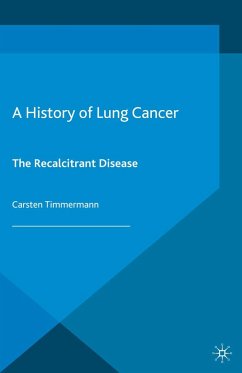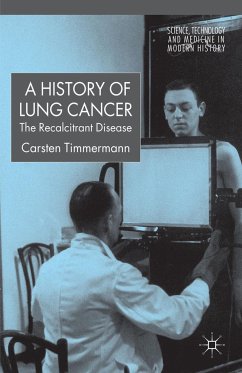
Fungal Disease in Britain and the United States 1850-2000
Mycoses and Modernity

PAYBACK Punkte
8 °P sammeln!
This book is open access under a CC BY license. The narrative of 20th-century medicine is the conquering of acute infectious diseases and the rise in chronic, degenerative diseases. The history of fungal infections does not fit this picture. This book charts the path of fungal infections from the mid 19th century to the dawn of the 21st century.












